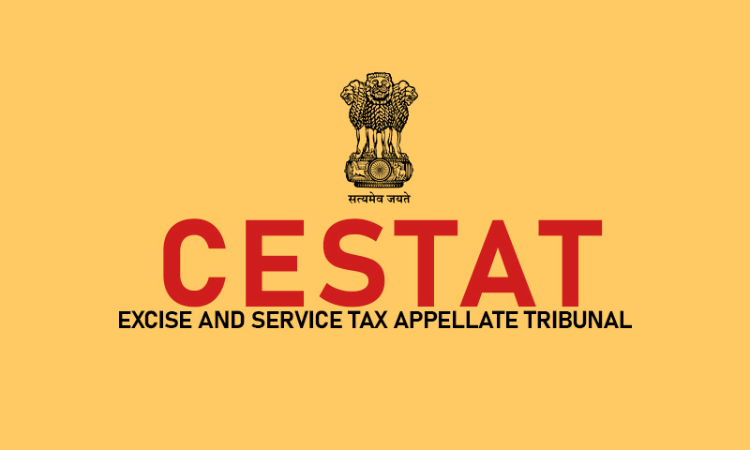The Delhi Bench of the Customs, Excise and Service Tax Appellate Tribunal (CESTAT) has observed that the credit has been accumulated due to the clearance of excisable goods during the Excise Law Regime for export and that the bar of unjust enrichment is not attracted.The bench of Anil Choudhary (a Judicial Member) found that the appellant had not begun production or manufacturing activities,...

